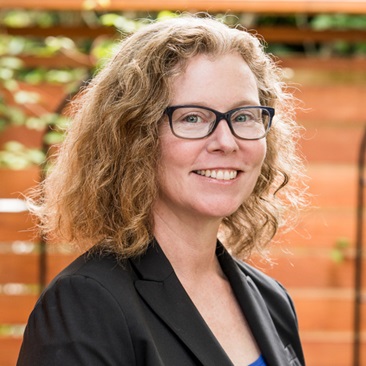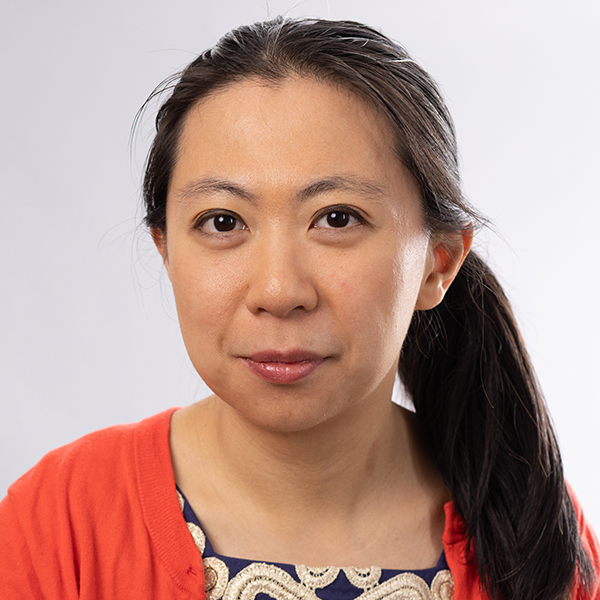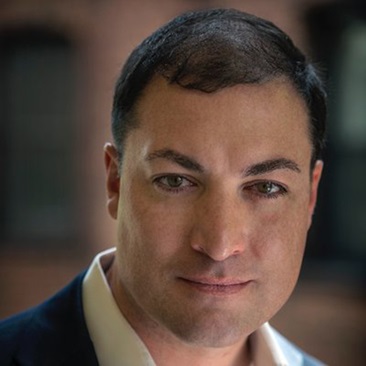full-time faculty teaching and conducting research in political science
of Maxwell faculty conduct research focused outside of the U.S.
graduate students in residence; fewer than 12 admitted each year
Undergraduate Studies
Graduate Studies

I am Maxwell.
Civic engagement is a core value for me. I have always aspired to help the communities I’m from.” Mazaher Kaila, a Maxwell alumna and third-year student at Syracuse University's College of Law, moved with her family from Sudan to Central New York when she was four years old. “I realized that to make meaningful change in society, I needed to understand the systems that power it—government and politics—and that’s insight I would gain by studying political science.”
Mazaher Kaila ’19, L’22
political science, law
Campbell Article on the Sudanese Revolution Published in CounterPunch
April 30, 2023
CounterPunch
Fighting in Sudan has continued for nearly two weeks since it began on April 15, when violence broke out between the country's army and a paramilitary group called the Rapid Support Forces. The two are engaged in a power struggle over who gets to run the nation.
"There is no invading army to save either side in the current counter revolutionary war in the Sudan. Both sides will fight to the death to remain in power," says Horace Campbell, professor of political science.
"Progressive forces internationally must call for the arrest and trial of the military forces that have unleashed genocidal violence on the Sudanese peoples since 1989," Campbell writes. "The Resistance Committees’ and the popular forces are calling for solidarity and non-intervention to push the process of transition from militarism to one where the peoples of Sudan can enter into new relations."
Read more in Campbell's article, "Sudanese Revolution Enters a Pivotal Stage," published on CounterPunch.org.
Related News
Commentary

Jul 29, 2024
Commentary

Jul 19, 2024
BaoBao Zhang Joins First Cohort of AI2050 Early Career Fellows
One of only 15 scholars chosen from across the U.S., Zhang will receive up to $200,000 in research funding over the next two years. Zhang will use the funding to partner with the nonprofit, non-partisan Center for New Democratic Processes to test whether public participation in AI governance is increased through the creation of public assemblies, known as “deliberative democracy workshops.”
Baobao Zhang
Assistant Professor, Political Science Department

Campbell Article on the Sudanese Revolution Published in CounterPunch
April 30, 2023
CounterPunch
Fighting in Sudan has continued for nearly two weeks since it began on April 15, when violence broke out between the country's army and a paramilitary group called the Rapid Support Forces. The two are engaged in a power struggle over who gets to run the nation.
"There is no invading army to save either side in the current counter revolutionary war in the Sudan. Both sides will fight to the death to remain in power," says Horace Campbell, professor of political science.
"Progressive forces internationally must call for the arrest and trial of the military forces that have unleashed genocidal violence on the Sudanese peoples since 1989," Campbell writes. "The Resistance Committees’ and the popular forces are calling for solidarity and non-intervention to push the process of transition from militarism to one where the peoples of Sudan can enter into new relations."
Read more in Campbell's article, "Sudanese Revolution Enters a Pivotal Stage," published on CounterPunch.org.
Related News
Commentary

Jul 29, 2024
Commentary

Jul 19, 2024


